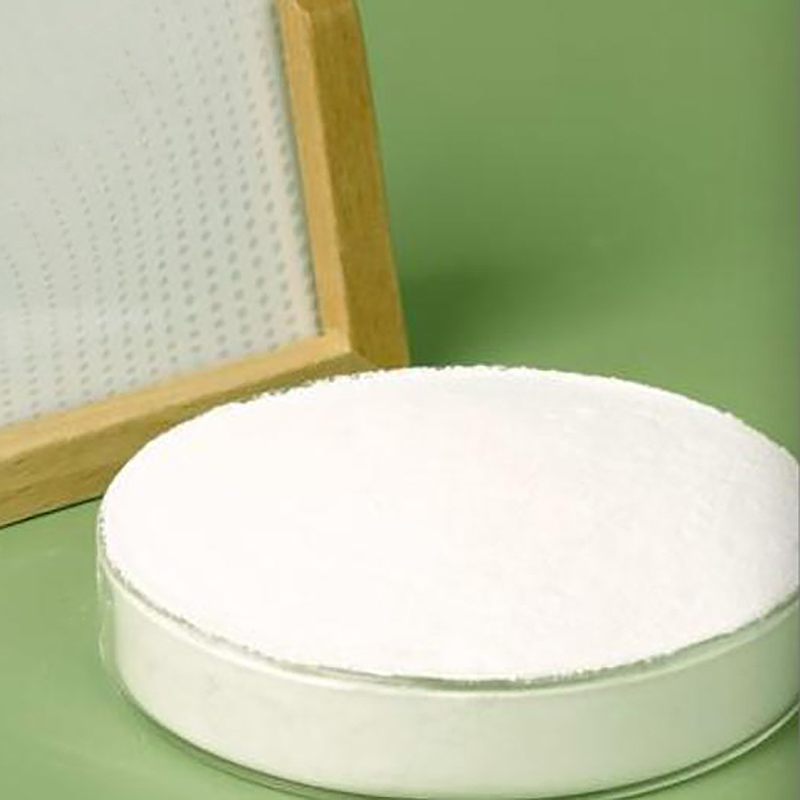Hydroxyethyl Cellulose (HEC) is a versatile and widely used water-soluble polymer derived from cellulose, the natural polymer found in plant cell walls. As a thickening agent, HEC plays a crucial role in a variety of formulations, especially in industries like cosmetics, pharmaceuticals, and personal care, where water-based systems are prevalent. This article delves into how Hydroxyethyl Cellulose functions as a thickener in water-based systems and the benefits it brings to different formulations.
Content
- 1 1. The Chemical Structure of Hydroxyethyl Cellulose
- 2 2. How Hydroxyethyl Cellulose Works as a Thickener
- 3 3. Factors Affecting the Thickening Efficiency of Hydroxyethyl Cellulose
- 4 4. Benefits of Hydroxyethyl Cellulose in Water-Based Systems
- 5 5. Applications of Hydroxyethyl Cellulose as a Thickener
- 6 6. Advantages Over Other Thickeners
1. The Chemical Structure of Hydroxyethyl Cellulose
Hydroxyethyl Cellulose is a modified cellulose polymer that is chemically treated with ethylene oxide to introduce hydroxyethyl groups (-CH2CH2OH) onto the cellulose backbone. This modification enhances its water solubility compared to unmodified cellulose, allowing it to dissolve easily in aqueous solutions. The structure of HEC is highly flexible and provides a range of desirable properties, including thickening, stabilizing, and film-forming characteristics, making it ideal for use in water-based systems.
2. How Hydroxyethyl Cellulose Works as a Thickener
HEC functions as a thickener in water-based systems by increasing the viscosity of the formulation without significantly altering the pH or the clarity of the solution. When HEC is dissolved in water, its molecules absorb water and swell, creating a gel-like network. This network of polymer chains impedes the flow of water molecules, increasing the resistance to flow—i.e., thickening the solution. The ability of HEC to form a high-viscosity solution depends on several factors, including the concentration of HEC, the temperature, and the ionic strength of the solution.
Unlike traditional thickeners, which may rely on creating a gel-like structure, Hydroxyethyl Cellulose enhances the viscosity of the solution through its ability to create a highly hydrated polymer network. This network imparts a smooth, silky feel to formulations and provides superior stability under varying conditions.
3. Factors Affecting the Thickening Efficiency of Hydroxyethyl Cellulose
Several factors influence the efficiency of Hydroxyethyl Cellulose as a thickener in water-based systems:
- Concentration: The thicker the solution, the higher the concentration of HEC required. However, beyond a certain concentration, there is no significant increase in viscosity, making it important to optimize the amount used.
- Temperature: The viscosity of HEC solutions can vary with temperature. Higher temperatures can reduce the viscosity, while lower temperatures tend to increase the polymer’s ability to thicken.
- Ionic strength: The presence of salts or other electrolytes in the solution can affect the performance of HEC. In general, the higher the ionic strength, the more HEC is required to achieve the desired viscosity.
4. Benefits of Hydroxyethyl Cellulose in Water-Based Systems
- Improved Texture and Sensory Feel: One of the key benefits of using HEC in formulations is the enhancement of the texture. It provides a smooth, silky, and non-greasy feel to products, which is especially desirable in cosmetics and personal care items such as lotions, creams, and hair gels.
- Stability and Suspension: Hydroxyethyl Cellulose helps to suspend solid particles and stabilize emulsions, preventing phase separation and ensuring that active ingredients remain evenly dispersed throughout the formulation. This makes it ideal for products like shampoos, body washes, and skin serums.
- Transparency: In many water-based systems, maintaining clarity is crucial. HEC, unlike some other thickeners, does not cloud the solution, preserving the transparency of the product, which is particularly important in the formulation of gels, shampoos, and liquid soaps.
- Compatibility with Other Ingredients: Hydroxyethyl Cellulose is highly compatible with a wide range of other ingredients, including surfactants, preservatives, and active ingredients. It does not interact negatively with most cosmetic or pharmaceutical compounds, making it an ideal choice for a broad array of formulations.
5. Applications of Hydroxyethyl Cellulose as a Thickener
-
Cosmetics and Personal Care: In the cosmetic industry, HEC is used in a variety of formulations, including lotions, creams, hair gels, facial cleansers, and sunscreens. Its ability to thicken and stabilize water-based products makes it invaluable for creating products that are smooth, easy to apply, and long-lasting. It also improves the spreadability of products, which is especially important in sunscreens and moisturizers.
-
Pharmaceuticals: Hydroxyethyl Cellulose is widely used in the pharmaceutical industry as a thickening agent in gels and suspensions. It helps stabilize suspensions, ensuring uniform distribution of active ingredients and improving the patient experience by providing a smooth, easy-to-use product.
-
Industrial Applications: Beyond personal care and pharmaceuticals, HEC is also used in various industrial applications such as coatings, paints, adhesives, and cleaning products. In these contexts, it serves as a rheology modifier, controlling the flow properties and ensuring that the product maintains its intended consistency during storage and use.
6. Advantages Over Other Thickeners
Compared to traditional thickeners like xanthan gum, guar gum, or synthetic polymer thickeners, Hydroxyethyl Cellulose offers several distinct advantages:
- Neutral pH: HEC solutions are pH-neutral, which means they are less likely to interact negatively with acidic or alkaline ingredients in a formulation.
- Non-ionic Nature: As a non-ionic polymer, HEC is less sensitive to salts or changes in ionic strength, providing more stable performance in a variety of environments.
- Temperature Stability: HEC is more stable under a wider range of temperatures than many other thickeners, making it suitable for formulations that may undergo temperature fluctuations during production, storage, or use.
- Versatility: HEC can be used in a wide variety of products, from clear gels to opaque creams, without significantly affecting the color or clarity of the formulation.

 简体中文
简体中文 English
English русский
русский عربى
عربى Español
Español









